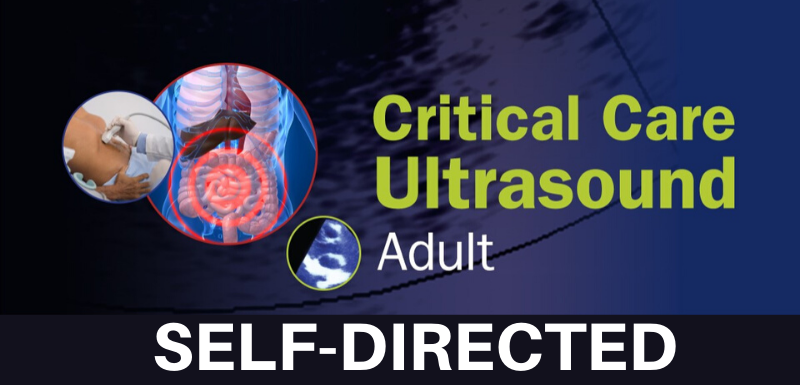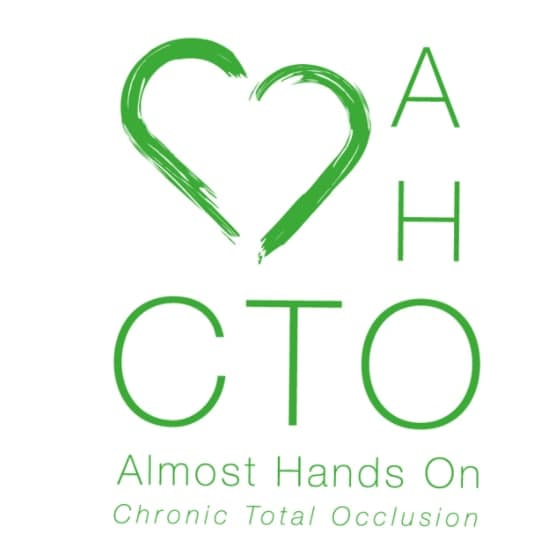-94%
Unveiling the Essential Components of Critical Care Ultrasound Education
Professional Development: A Paramount Pursuit
The Society of Critical Care Medicine (SCCM) unequivocally endorses initiatives that foster continuous learning as an integral pillar of professional advancement. Recognizing the paramount importance of high-quality education, SCCM actively promotes endeavors that enhance knowledge, proficiency, and clinical performance in the realm of critical care. This meticulously crafted activity is meticulously designed to address the following critical core competencies:
- Professionalism: Upholding the highest ethical and professional standards in all aspects of patient care and interpersonal interactions.
- Patient Care and Procedural Skills: Acquiring and applying specialized skills and techniques to deliver optimal patient care in critical care settings.
- Medical Knowledge: Expanding and refining medical knowledge to stay abreast of the latest advancements and best practices in critical care management.
- Practice-Based Learning and Improvement: Continuously evaluating and enhancing clinical practices through evidence-based research and quality improvement strategies.
- Interpersonal and Communication Skills: Effectively collaborating with interdisciplinary healthcare teams and communicating clearly and empathetically with patients and their families.
Immersive Learning Experience: A Path to Proficiency
This dynamic live workshop is meticulously tailored to equip healthcare providers with practical knowledge and hands-on experience in the application of ultrasound in intensive care units. Participants will embark on a comprehensive learning journey, delving into the following modules:
Learning Modules: Procedures
- Pre-Test Review: Establishing a baseline understanding of ultrasound principles and techniques.
- Basic Physics and Knobology: Exploring the fundamental principles of ultrasound technology and optimizing equipment settings for optimal image acquisition.
- Fundamental Echocardiography Views: Mastering the essential echocardiography views to assess cardiac structure and function.
- Clinical Cases: Engaging in case discussions and problem-solving exercises to apply ultrasound findings to real-world clinical scenarios.
- Basic Evaluation of Left Ventricular Function and Cardiac Output: Quantifying cardiac performance and output to guide therapeutic interventions.
- Basic Evaluation of Right Ventricular Function: Assessing right ventricular function to detect signs of pulmonary hypertension and other abnormalities.
- Intravascular Volume Assessment: Utilizing ultrasound to evaluate fluid status and guide fluid management strategies.
- Clinical Cases and Interactive Questions: Reinforcing knowledge through interactive discussions and addressing specific participant queries.
- Pulmonary Embolism: Diagnosis and Physiology: Understanding the pathogenesis and diagnostic criteria for pulmonary embolism.
- Tamponade: Diagnosis and Physiology: Recognizing and managing pericardial fluid accumulation leading to cardiac compression.
- Evaluation of Pneumothorax, Pleural Effusions, and Thoracentesis: Assessing air and fluid collections in the pleural space.
- Echocardiographic Approach to Shock: Utilizing ultrasound to detect and differentiate various types of shock.
- Clinical Cases: Applying ultrasound findings to guide patient management decisions in complex clinical situations.
- Vascular Ultrasound: Evaluating arterial and venous structures for signs of stenosis, thrombosis, and other pathologies.
- Focused Assessment with Sonography in Trauma (FAST) Exam: Rapidly assessing trauma patients for intra-abdominal injuries.
- Clinical Cases and Interactive Questions: Consolidating knowledge through real-world case review and addressing participant inquiries.
Skill Stations: Hands-On Proficiency
Complementing the theoretical modules, the workshop will feature specialized skill stations that provide participants with hands-on practice in critical ultrasound techniques:
- Apical Views: Acquiring optimal apical views to assess cardiac morphology and function.
- Lung Ultrasound Evaluation: Detecting and characterizing lung abnormalities, including pneumonia, atelectasis, and pneumothorax.
- Parasternal Access: Mastering the techniques for obtaining clear parasternal views of the heart.
- Parasternal Lung Access View: Evaluating the lungs through the parasternal window to identify pleural effusions and other conditions.
- Subcostal Views: Obtaining subcostal views to assess abdominal organs and identify pathology.
Target Audience: A Diverse Healthcare Team
This comprehensive continuing education activity is specifically designed to cater to the diverse needs of healthcare professionals involved in critical care, including:
- Intensivists
- Anesthesiologists
- Cardiologists
- Emergency physicians
- Physician assistants
- Advanced practice nurses
- All other providers who care for critically ill patients










Reviews
Clear filtersThere are no reviews yet.